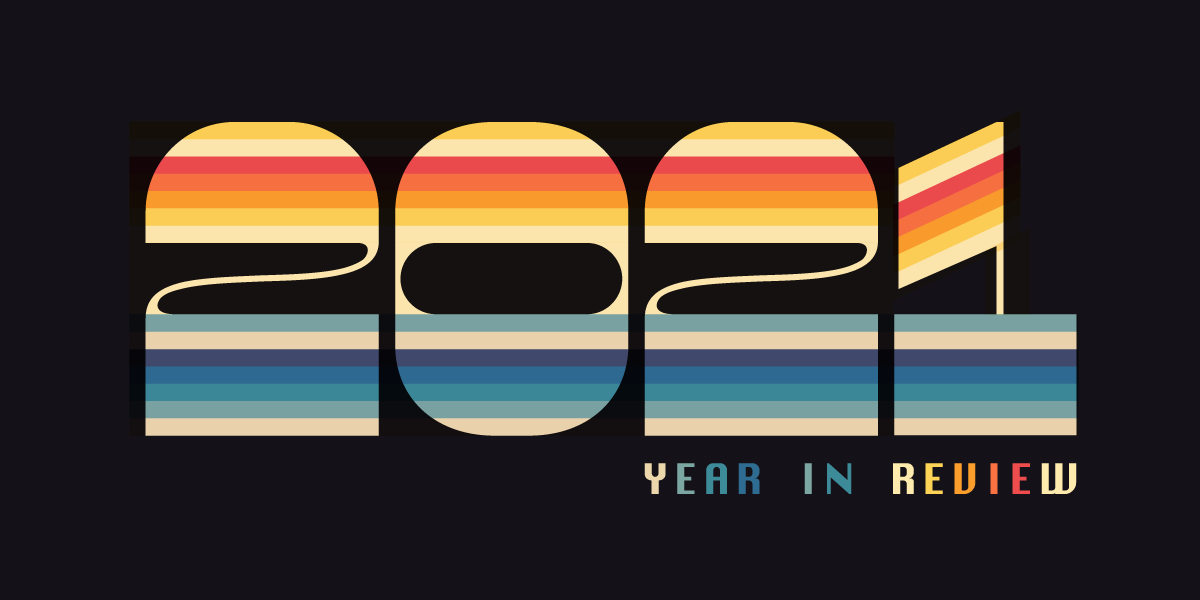2021 has been the year of vaccines, in light of the continuing worldwide pandemic. It has also been the year of vaccine passports. To fully tell this story, let’s go back to 2020, because the term vaccine passport as many people use it has changed since then.
Early in the pandemic, there were discussions of “immunity passports” that would declare that someone had recovered from COVID-19, and which we thought were a bad idea. We, along with other civil liberties organizations, are against creating a new surveillance system that will be hard to remove, and will be inequitable for people who have health issues or do not have smartphones. In those days before even a timeline for vaccines, immunity passports also created perverse incentives for people who could not shelter in place. Fortunately for us all, events kept immunity passports from gaining wide adoption.
As the hope for vaccines in 2020 became a certainty in 2021, attention shifted from immunity passports to vaccine passports. Our stance remained the same: we want equity for all and no surveillance. Thus, we raised concerns about “vaccination passports,” by which we meant efforts to digitize credentials, rather than using the tried and true mechanism of vaccination documents. Digital, scannable credentials, we said, are hard to separate from the introduction of new systems used to track our movements. As we said in that post, "immunizations and providing proof of immunizations are not new. However, there's a big difference between utilizing existing systems to adapt to a public health crisis and vendor-driven efforts to deploy new, potentially dangerous technology under the guise of helping us all move past this pandemic."
In 2021, though, language shifted. The term vaccine passport shifted from meaning frequent, active document checks and came to mean simply vaccination records. In April, therefore, we wrote about our opposition to digital “vaccine bouncers”—proposals that required a new tracking infrastructure and normalized a culture of doorkeepers to public places. We opposed regularly requiring visitors to display a digital token as a condition of entry. We also called for equitable distribution of vaccines.
In the middle part of 2021, we continued our skepticism of active, frequent checks, especially when this was outsourced to private companies that have a financial interest in surveillance and being vaccine bouncers. We also analyzed systems in Germany, California, New York, Illinois, Colorado, and other places. The spread of the Delta variant, anti-vaccination movements, paper and digital document forgeries, have further made the situation confusing especially as vaccine mandates have followed around the world. Our opinions have still remained the same: we are against surveillance and in favor of equity for all.
In 2021, that continued to mean strong support for paper documents over digital ones, because of the obvious links between digital documents and surveillance systems. As this year closes out, we are all now concerned about the Omicron variant, and how that is going to affect next year’s handling of the pandemic. This very article has been rewritten more than once because of it.
As we move into 2022, we expect more surprises in our continued pandemic-influenced life. We expect that companies selling surveillance will continue to exploit the moment. We continue to advocate for measures that do not create surveillance and provide for appropriate equities. This is apt to become more complex with digital documents expanding in context.
Summing up, we will continue to advocate against pandemic-related surveillance. We don’t believe such surveillance will help us out of the pandemic. We also continue to advocate for equitable treatment of marginalized people. Above all, we hope we won’t be writing a similar year-end post next year.
This article is part of our Year in Review series. Read other articles about the fight for digital rights in 2021.









